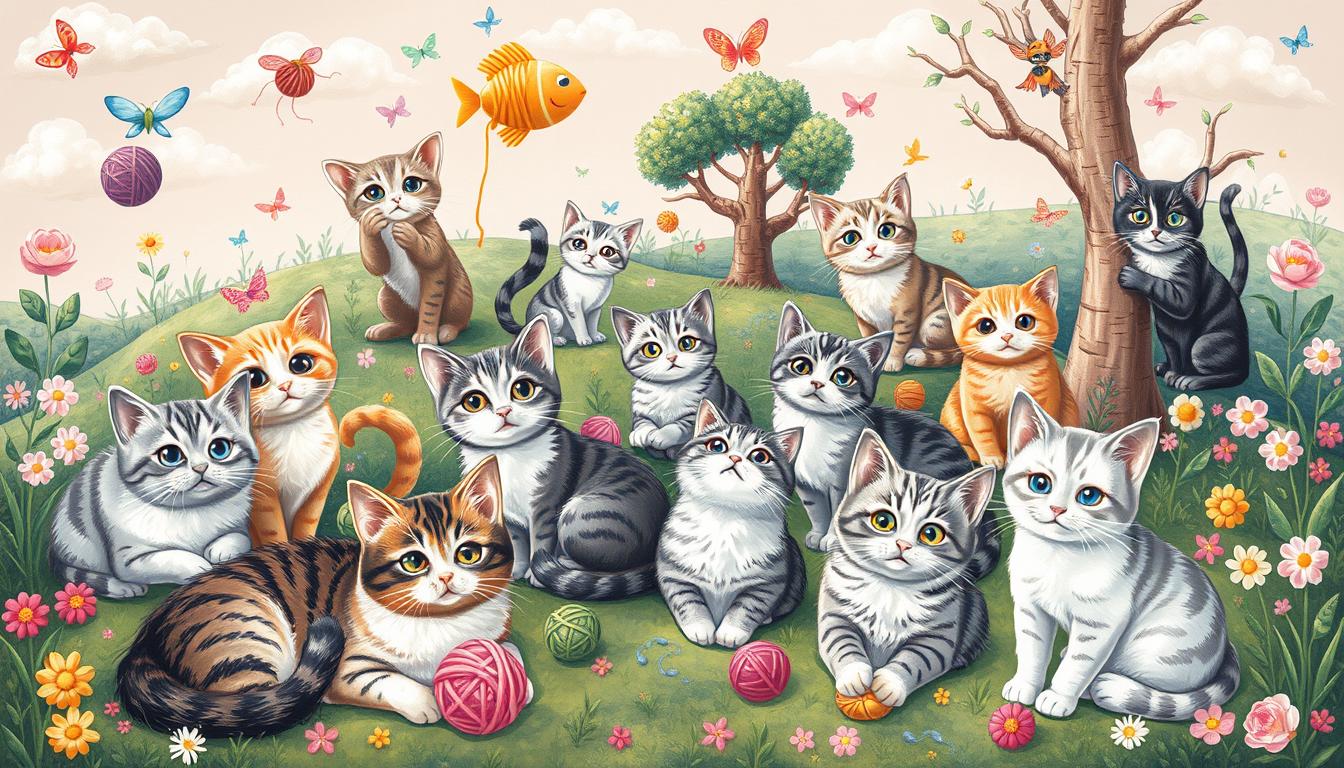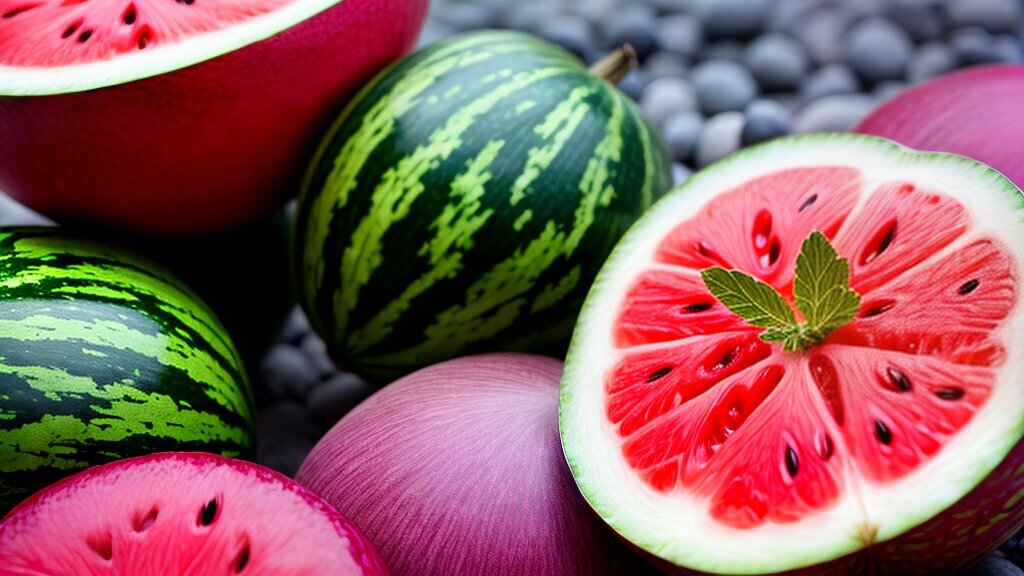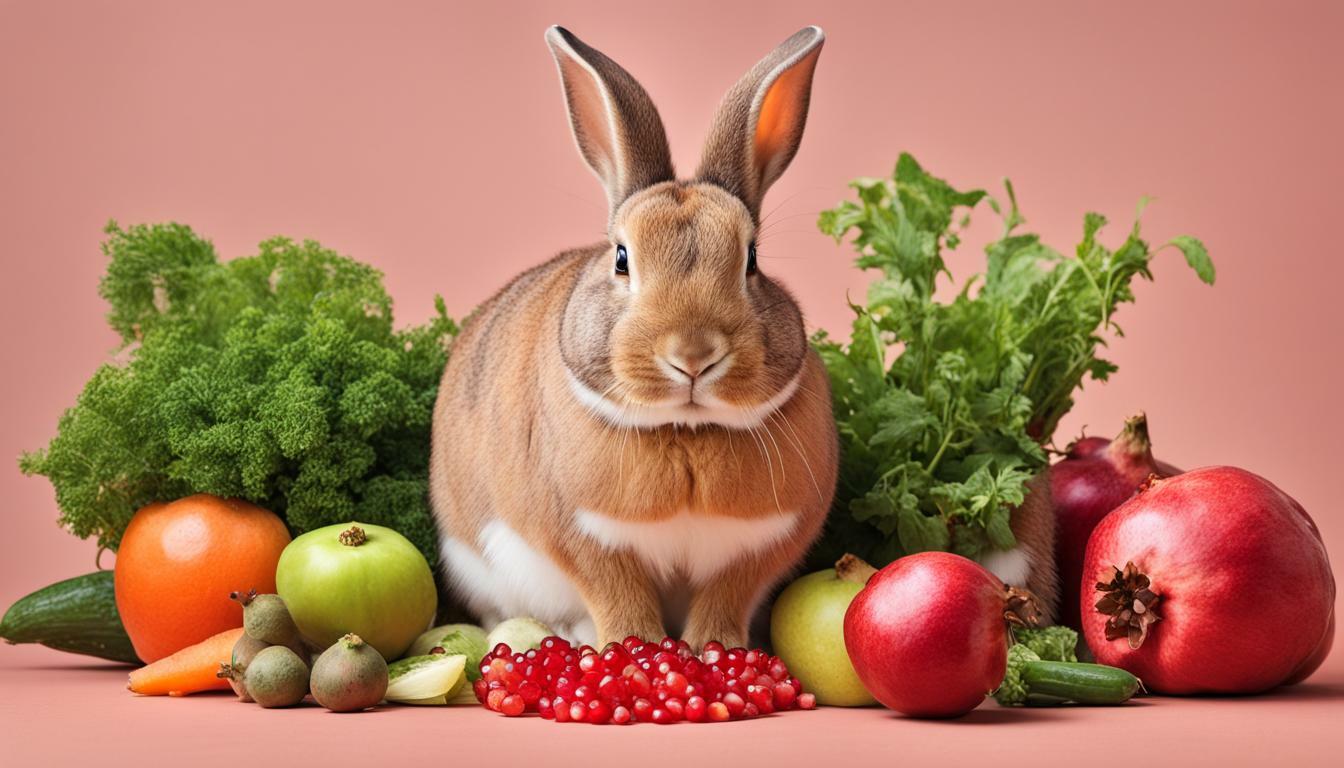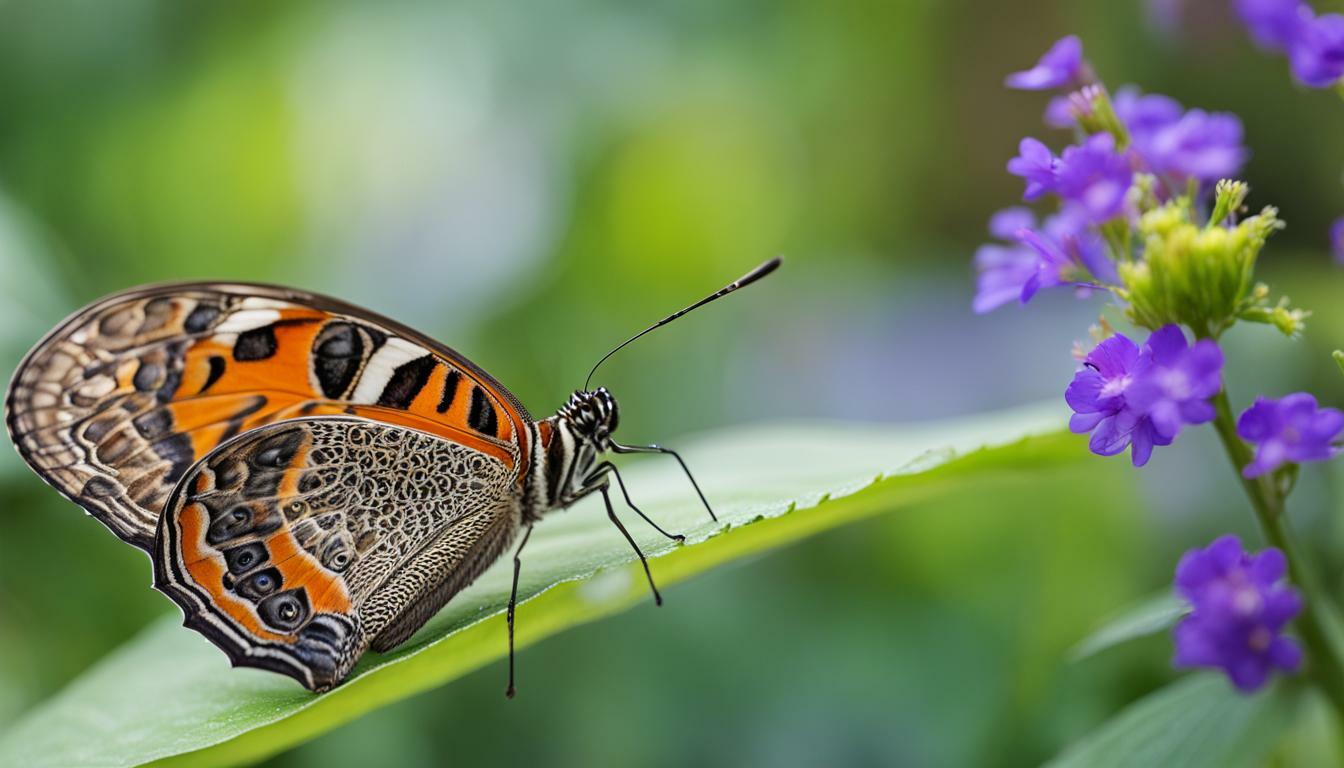Can Squirrels Eat Rabbit Food? You Need to Know
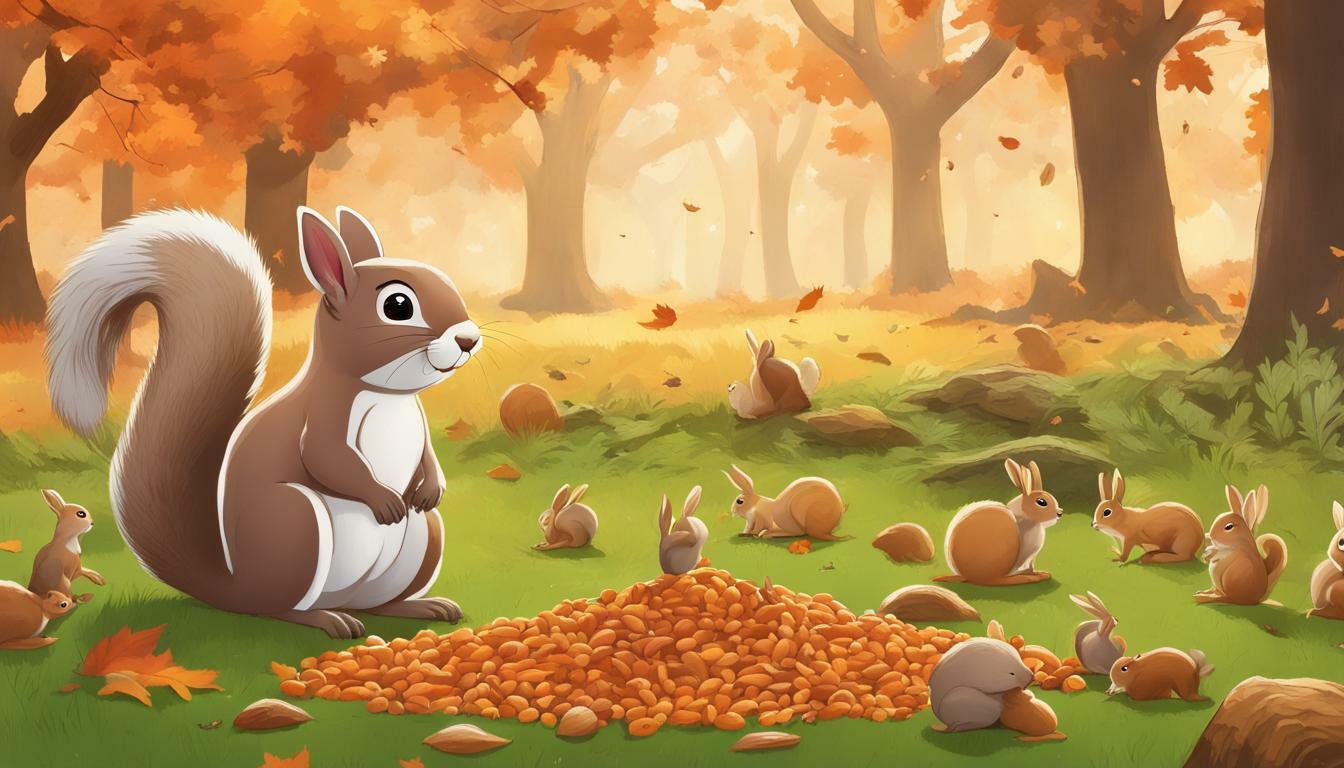
Table of content:
- Can squirrels eat rabbit food pellets?
- Is it okay to feed squirrels rabbit food?
- What do wild squirrels eat besides nuts?
- Do squirrels like alfalfa pellets?
- Will feeding squirrels rabbit food hurt them?
- Why Rabbit Food Isn’t Ideal for Squirrels
- Health Concerns of Feeding Only Rabbit Food to Squirrels
- Suggested Foods to Offer Squirrels Instead
- Tips for Feeding Backyard Squirrels
- Final Thoughts on Feeding Squirrels Rabbit Food
Squirrels have unique nutritional requirements compared to other backyard wildlife like rabbits. While providing supplemental feed can help attract and support local squirrel populations, it’s important to understand what foods are safe and optimal for squirrel health. Many people wonder, can I offer my rabbit food pellets to the cute squirrels visiting my yard? Let’s dig into the details around feeding squirrels and whether products marketed for rabbits can fit into a healthy squirrel diet.
Can squirrels eat rabbit food pellets?
Rabbit food pellets, also known as alfalfa pellets, are commonly fed to pet and domestic rabbits. But wild squirrels have different dietary needs. Rabbits are herbivores, able to digest fiber efficiently thanks to an enlarged cecum. Squirrels lack this adaptation. While small amounts of quality rabbit food are not toxic, squirrels gain little nutritional benefit from the alfalfa base of most rabbit pellets. There are better options to focus on when supplementally feeding backyard squirrels.
Is it okay to feed squirrels rabbit food?
Feeding rabbit food to squirrels in small quantities won’t harm them, but it isn’t recommended as a dietary staple. Some alfalfa-based pellets contain extra calcium to support bone health in growing rabbits. But excess calcium over time can harm squirrel health. Squirrels naturally eat a varied diet, so it’s best to also offer a mixture of nuts, seeds, fruits, veggies, and minimal amounts of high-quality rodent blocks to meet their nutritional requirements.
What do wild squirrels eat besides nuts?
Eastern gray squirrels and other tree squirrel species eat a diverse combination of foods. While acorns and other nuts make up a good portion of their natural diet, squirrels also consume fruits, seeds, flowers, fungi, and sometimes insects for essential nutrients. Backyard squirrels will supplement this wild diet with any food scraps accessible from picnics, gardens, or feeders. Keep variety in mind when feeding squirrels with corn, seeds, produce, and the occasional treat.
Do squirrels like alfalfa pellets?
Squirrels tend to prefer foods like nuts, corn, seeds, or fruits over rabbit pellets. Alfalfa has a strong scent that may initially attract squirrels, but they will quickly sample and reject alfalfa if better options are available. Rabbit foods are high in calories but low in the protein and healthy fats squirrels need. While not dangerous short term, a steady diet of alfalfa pellets could lead to malnutrition. It’s better to offer squirrels species-appropriate foods.
Will feeding squirrels rabbit food hurt them?
Occasionally sampling rabbit food won’t immediately harm healthy adult squirrels. But improper nutrition over time can cause health issues. Squirrels fed mostly rabbit food may become malnourished, vitamin deficient, or overweight. Excessive calcium from rabbit foods can cause bone and organ damage. And a lack of variety can upset their sensitive digestive system. For their well-being, it’s best to feed squirrels a thoughtful mix of nuts, seeds, produce, and healthy squirrel blocks instead of just rabbit food. Monitor them and contact a wildlife rehabilitator if they show signs of malnutrition.
Why Rabbit Food Isn’t Ideal for Squirrels
Unlike rabbits specialized to extract nutrients from fibrous plants and alfalfa, the squirrel digestive system is not designed to thrive on rabbit food alone. Here are some reasons why these herbivore pellets pose problems for squirrels:
- Lacks key nutrients – Rabit pellets are heavily skewed toward carbohydrates from alfalfa, providing ample calories but inadequate levels of protein and healthy fats. Vital minerals like iron and zinc are also deficient for squirrels’ needs.
- Fiber issues – The high fiber of rabbit food stresses the squirrel digestive tract. While vital for rabbits, too much indigestible fiber causes diarrhea or constipation in squirrels.
- Calcium overload – Many rabbit pellets have extra calcium for growing rabbit bones. But excessive calcium damages squirrel kidneys and bones over time.
- Lack of variety – A diverse diet is crucial for squirrels to thrive. The monotonous nature of plain rabbit pellets fails to address squirrels’ complex nutritional requirements.
- Incomplete nutrition – No single food, even quality squirrel blocks, can perfectly meet a squirrel’s needs. A thoughtful mix of foods is vital for complete squirrel nutrition.
- Boring diet – Rabit pellets fail to provide mental enrichment. The challenge of extracting seeds from cones, foraging for treats, and soft foods to gnaw on are all important to a squirrel’s psychological health.
Health Concerns of Feeding Only Rabbit Food to Squirrels
Feeding squirrels a steady diet primarily composed of rabbit food can lead to health issues including:
- Malnutrition – Lacking adequate protein, minerals, and vitamins. Can cause anemia, muscle wasting, lethargy, poor wound healing, and increased disease susceptibility from a weakened immune system.
- Vitamin deficiencies – Particularly vitamins A, B, D, E, and K which support vision, nervous system function, calcium metabolism, immunity, and blood clotting. Often seen along with mineral deficiencies.
- Obesity – Excess calories from carbohydrate-dense alfalfa lead to weight gain, cardiovascular strain, arthritis, and diabetes over time. Lethargy from obesity further reduces activity levels.
- Diarrhea – Too much insoluble fiber stresses the squirrel digestive tract, causing loose stools that lead to dehydration and nutrient losses.
- Constipation – The indigestible fiber of rabbit pellets can also block the intestines, causing straining, pain, dangerous hard stools, and rectal prolapse in severe cases.
- Kidney disease – Excess calcium from some rabbit foods accumulate in the kidneys, causing painful stones and organ damage over time.
- Bone issues – While improper ratios of calcium, phosphorus, and vitamin D cause brittle, malformed bones in young squirrels, too much calcium also taxes bones in adults long-term.
- Dental disease – Lack of hard nuts to gnaw on increases plaque on squirrel teeth. In severe cases, teeth may overgrow or abscess from inadequate chewing.
- Reproductive issues – Poor nutrition from an all rabbit food diet can also impact breeding squirrels. It can lower fertility, birth rates, offspring health and survival, and milk quality in mothers.
Suggested Foods to Offer Squirrels Instead
The natural squirrel diet offers more variety and nutrients than plain rabbit food. When supplementary feeding squirrels, the best diet mimics components of their wild menu, including:
Nuts and Seeds – Walnuts, almonds, pecans, acorns, pine cones, sunflower seeds, pumpkin seeds. Provides protein, healthy fats, and chewing enrichment. Offer in shells when possible. Rotate varieties.
Fruits/Vegetables – Berries, apples, melons, broccoli, sweet potato, shelled corn, peas, carrots. Provides vitamins and antioxidants. Chop large items.
Insects – Mealworms, crickets. Natural source of protein and fat. Dust with calcium supplement.
Rodent Block – High quality squirrel or rat block to supplement diet. Choose limited ingredient recipe without added fruits or sweets. Provides balanced nutrition in moderation.
Clean Water – Fresh, clean drinking water is essential. Change water daily. Provide in tip-proof bowls or small bird baths.
Treats – Small amounts of unsweetened cereal, bread chunks, muffin or bagel pieces can supplement diet. Avoid too many simple sugars.
Tips for Feeding Backyard Squirrels
Use these pointers to meet backyard squirrels’ nutritional needs while supporting their natural behaviors:
- Offer a variety of foods including nuts, seeds, produce, and high quality squirrel or rodent blocks.
- Rotate food offerings to keep squirrels interested and prevent “food boredom”.
- Use separate feeders for produce to avoid spoilage. Remove rotten items promptly.
- Introduce new foods gradually to avoid upsetting their digestive health.
- Provide feeding stations with shelter from rain and wind.
- Place feeders near trees, fences, or platforms to evade predators.
- Start with small amounts of food so squirrels don’t hoard excess.
- Adjust feed amounts and offerings by season as food availability changes.
- Consider their life stage – lactating mothers need more calories, growing babies require more protein.
- Monitor squirrel condition and health. Overweight or underweight squirrels may need diet adjustments.
- Contact wildlife rehabilitators for advice if squirrels show signs of malnutrition or illness.
- Remember that variety and moderation is key for backyard squirrels to thrive!
Final Thoughts on Feeding Squirrels Rabbit Food
While an occasional taste of rabbit food is fine, making pellets a dietary staple can cause health issues for squirrels over time. When supplementary feeding backyard squirrels, opt for a thoughtful mix of foods that mimic their natural wild diet. Nuts, seeds, produce, limited healthy rodent blocks, the occasional treat, and always fresh water will help support local squirrels and provide enrichment. With a balanced, diverse diet and proper habitat, our bushy tailed friends will continue to entertain and delight for years to come!
Welcome. I’m Adreena Shanum, the proud owner of this website, and I am incredibly passionate about animals, especially poultry. I founded adreenapets.com as a labor of love, stemming from my desire to share my knowledge and experiences with poultry enthusiasts worldwide.

